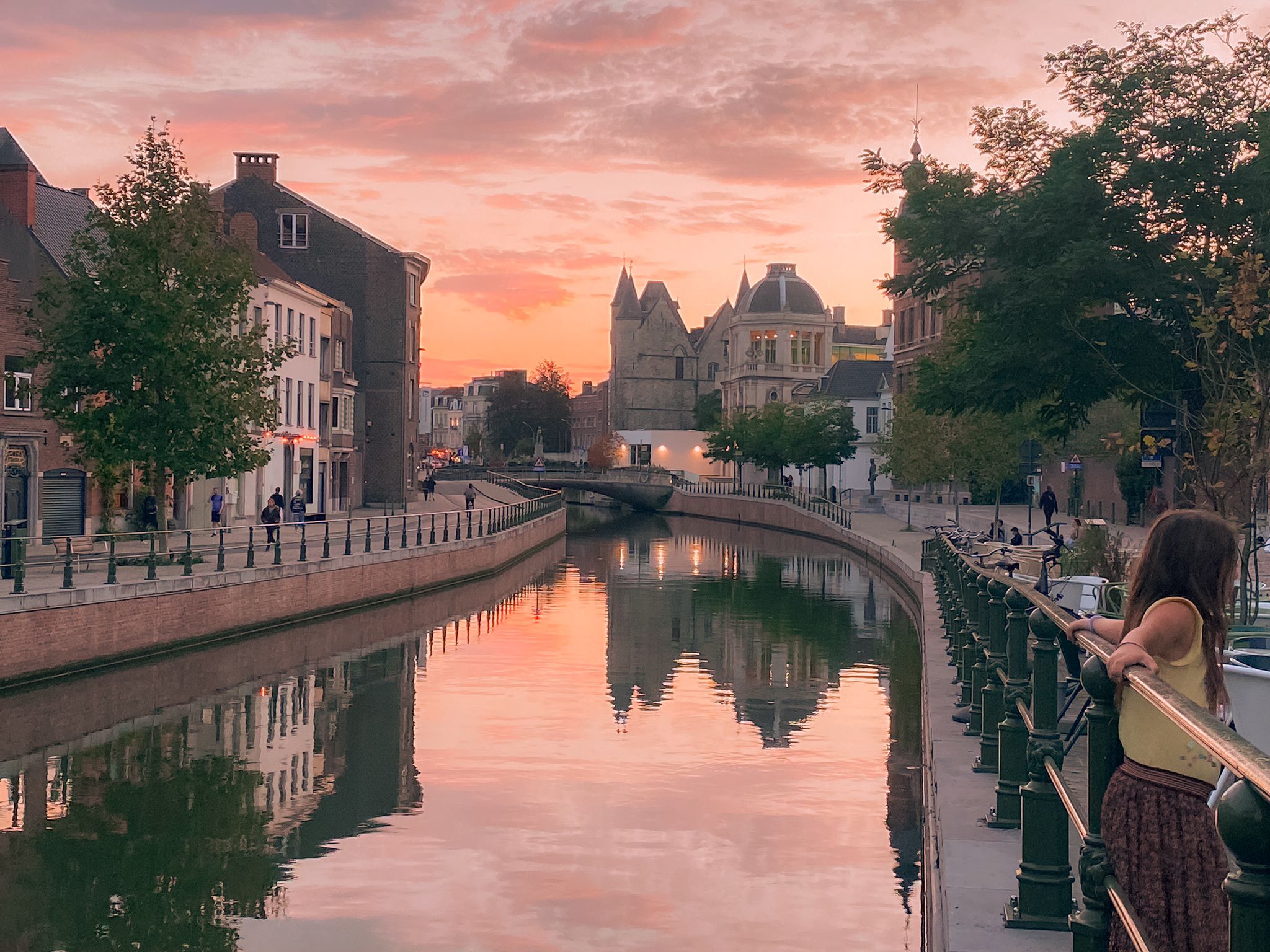Belgium is not only known for delicious bonbons but also for renaissance architecture along it’s medieval towns. The country, which is located at the western side of the continent, is also the headquarters of the European Union and NATO. Belgium has classifiable regions including Dutch-speaking Flanders to the north, French-speaking Wallonia to the south and a German-speaking community to the east. The bilingual capital, Brussels, has a decorative guildhalls at Grand-Place with elegant art-nouveau buildings. The latest population data sums 11.59 million people across 30,688 km².
Under the umbrella of Judo Belgium, Judo Vlaanderen (JV) and Judo Wallonie Bruxelles (JWB) join forces to take Kano’s way to a higher level. Judo Belgium is proud that the sport is a constant supplier of Olympic medals, and they work diligently to keep it that way, allowing, both JV and JWB to lay their accents regionally. Since both organisation have their own history, accordingly, let’s begin the journey.
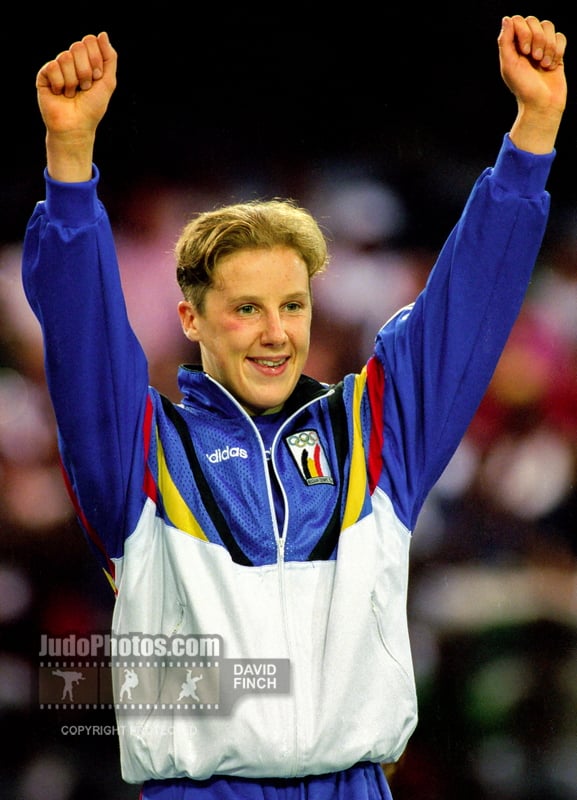
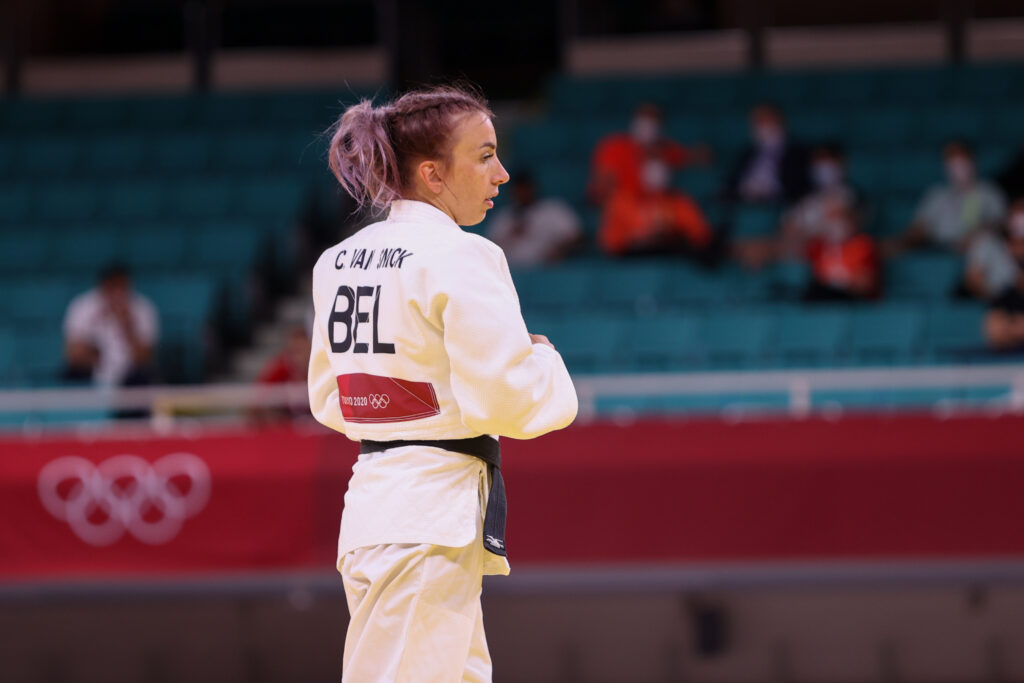
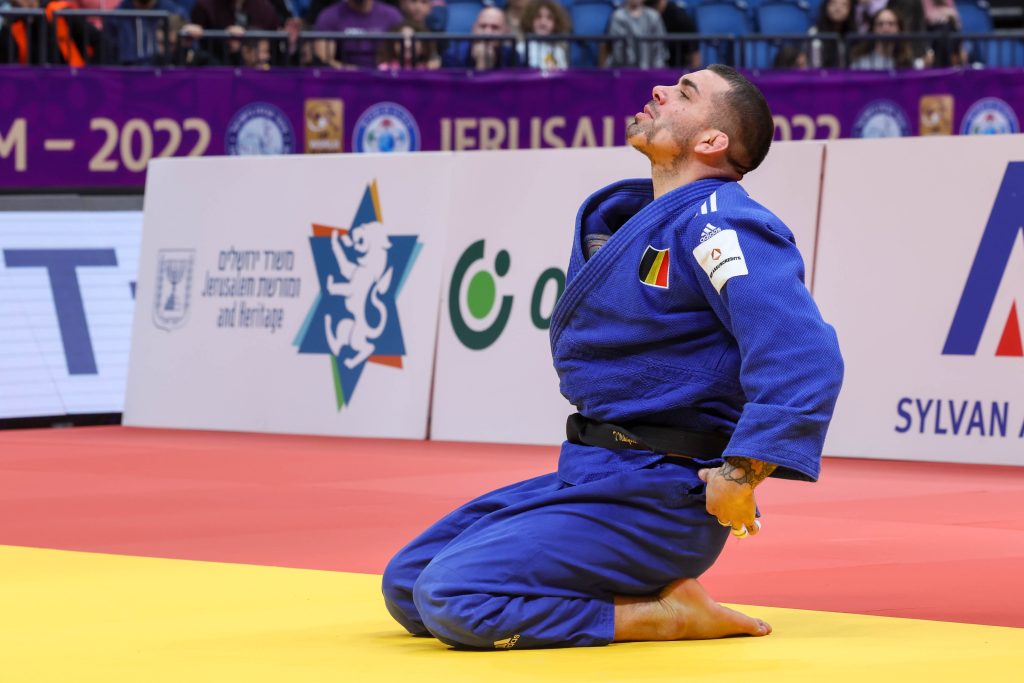
Judo Wallonie Bruxelles (JWB)
JWB was the first to establish its’ roots in 1979. Today, there are 156 judo clubs serving 11,000 judoka on the weekly basis. Their first Olympic medal came by through Atlanta 1996 when Marisabel LOMBA won bronze in the -56kg category. Charline VAN SNICK added to the collection when winning bronze in the -48kg category at the London 2012 summer games. The world tally in this region is over a handful with Van Snick also being part of this collection team after winning bronze back in 2013. Toma NIKIFOROV doubled that with first a bronze in 2015 then a silver in 2017.
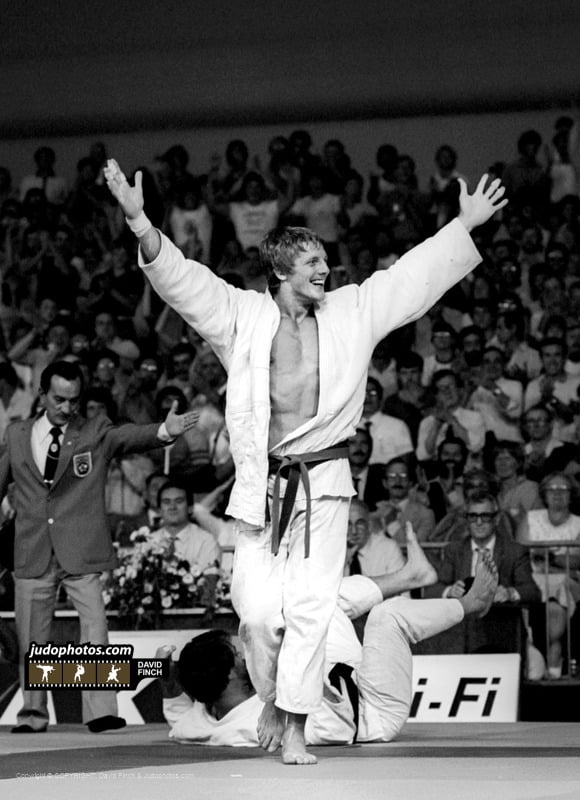
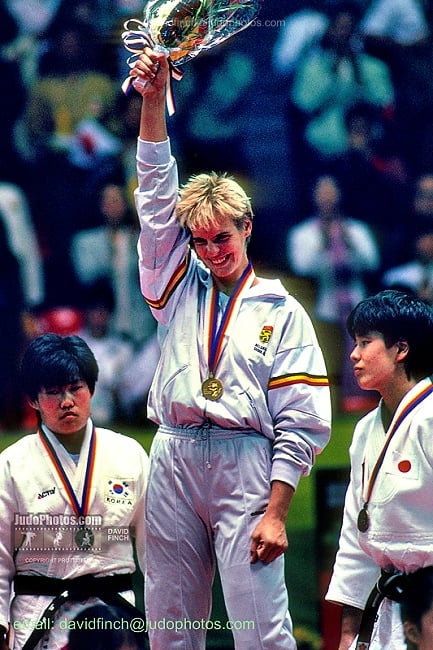
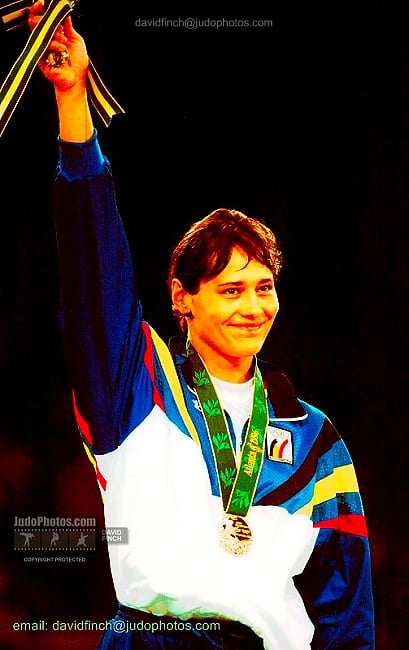
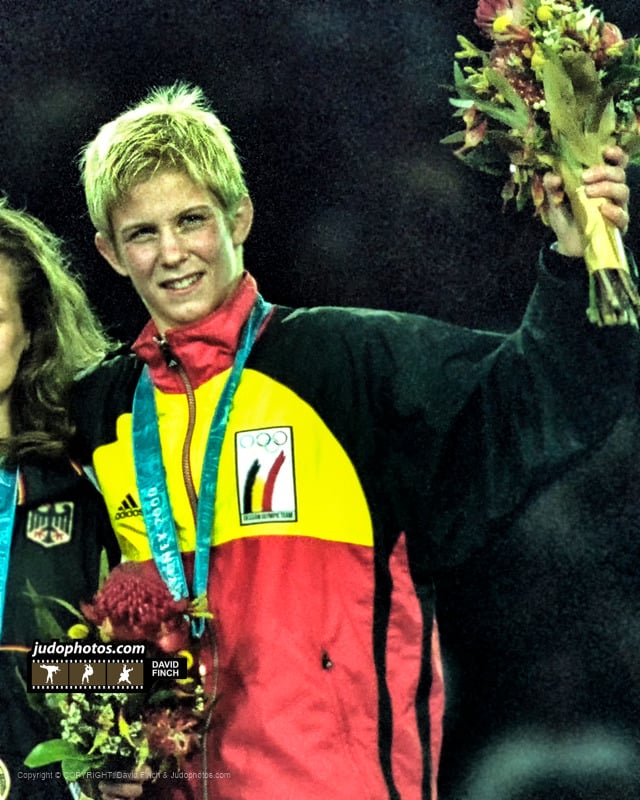
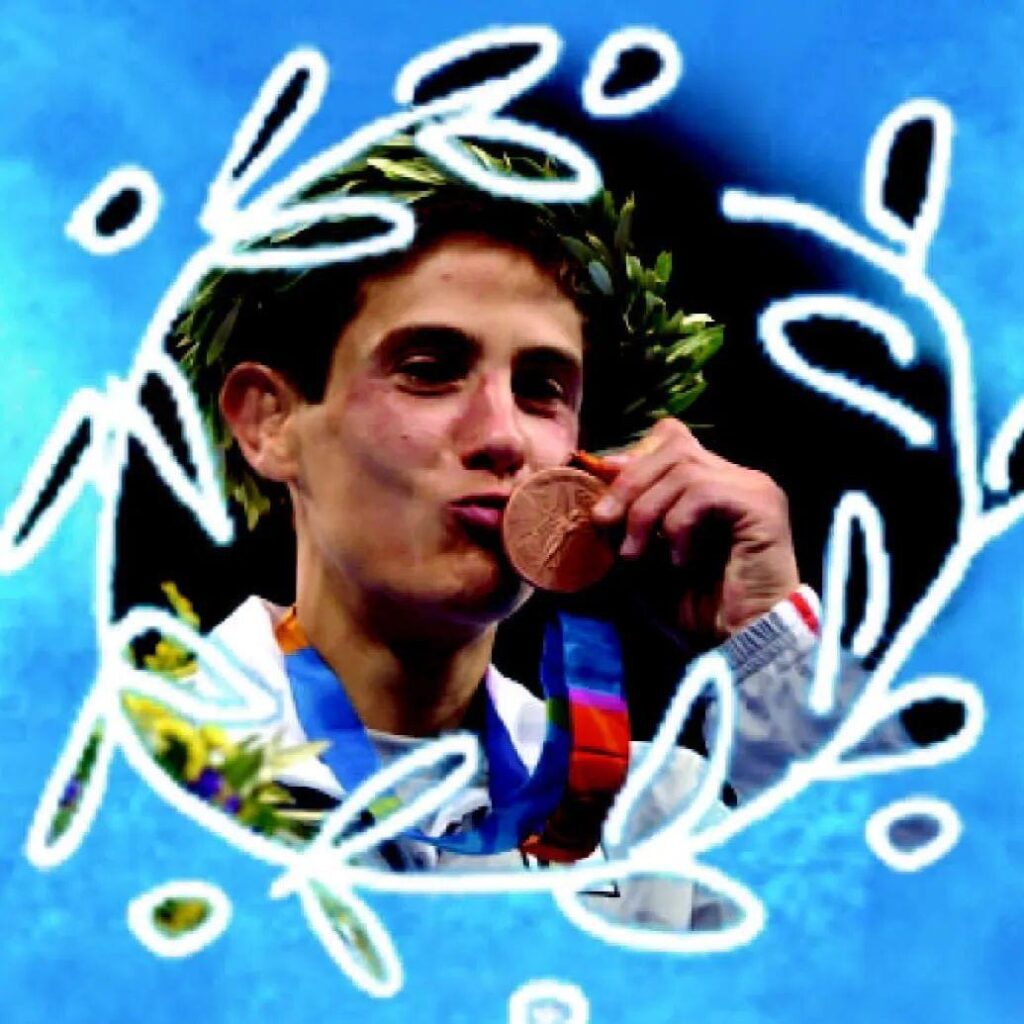
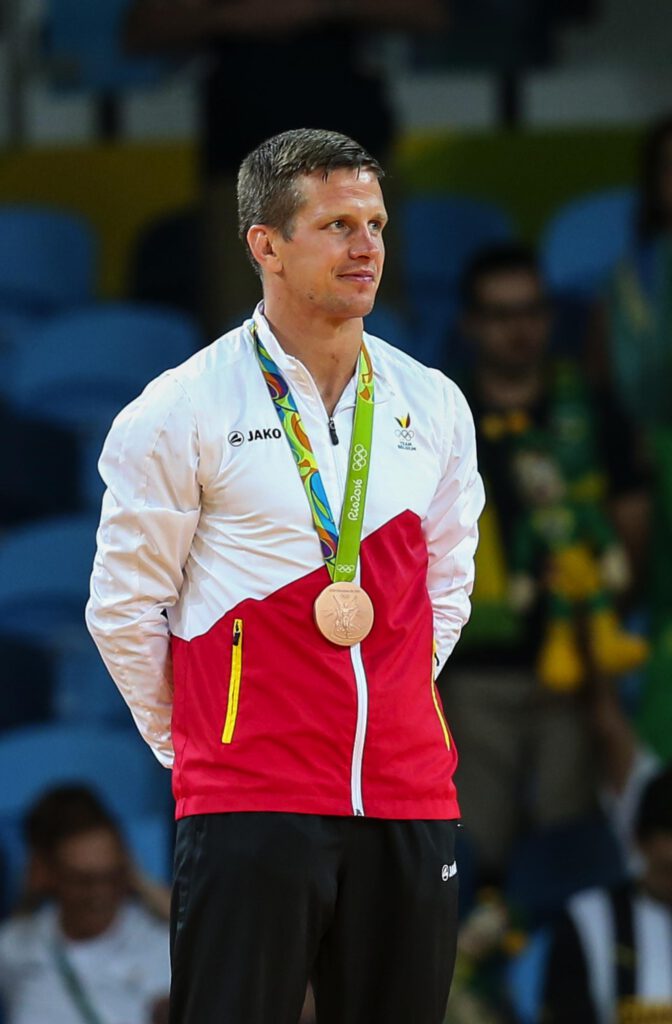
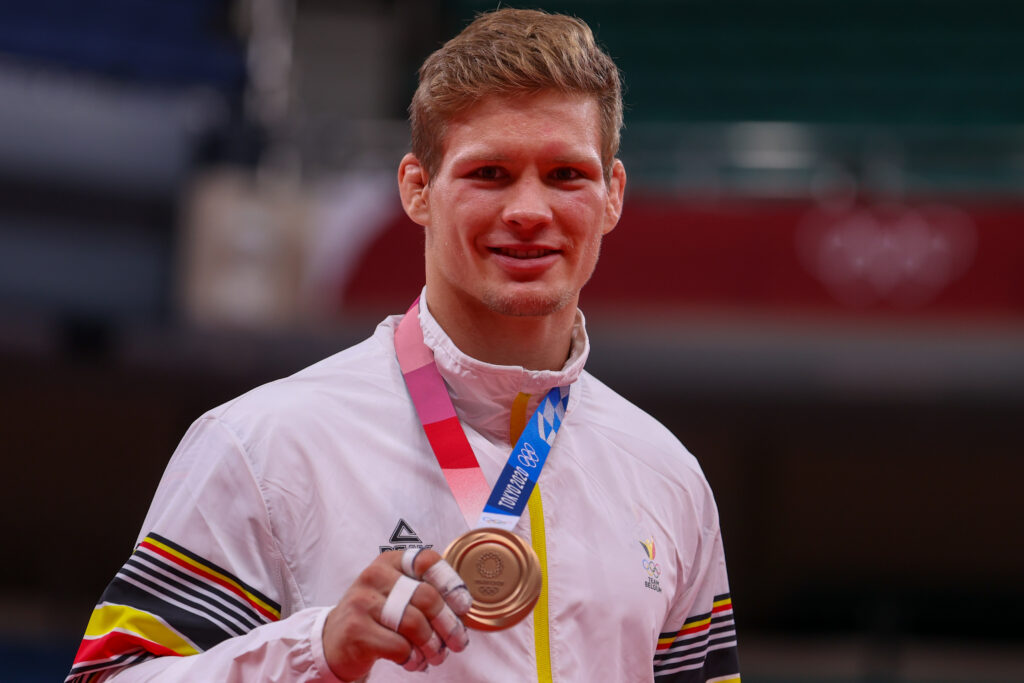
Judo Vlaanderen (JV)
The Flemish side was not far behind in their formation as by 1981 Judo Vlaanderen was officially registered and since, the results speak for itself. The 1980 Moscow Olympics delivered gold for Team Belgium and within for JV too. This success was established by Robert VAN DE WALLE, who is also the first judoka to ever compete at five Olympics, from 1976 to 1992. He topped the tally with a bronze in 1988. Ingrid BERGHMANS is considered the most successful Belgian judoka, and one of the best ever. She won the Olympics in 1988, although at the time it was one of the demonstration sport for women. Berghmans is also 6-times World Champion between 1980-1986. Another Olympic gold was cerebrated in Atlanta 1996 as Ulla Werbrouck won the -72kg category. In Sydney 2000 the celebration continued via Ann SIMONS who won bronze in the -48kg category. Athens 2004 allowed Ilse HEYLEN to hail bronze in the -52kg category. Whilst Team Belgium itself celebrated an Olympic medal at almost every summer games, Judo Vlaanderen had to wait until the Rio 2016 Olympics to mark another of their own. Then, it was another bronze medal delivered by Dirk VAN TICHELT in the -73kg category. During the latest edition of the Olympics in Tokyo, Matthias CASSE set Belgium on the rostrum by finishing 3rd place in the -81kg category. The Flemish side has almost a total of 50 world medals, the latest of which was Casse’s silver at the 2023 worlds in Doha. Today, there are 17244 judoka across 198 clubs practicing judo at this side of the country.
As per the European medals, it is time to rejoin and emphasise the outstanding work this team is doing collectively. There are over 150 continental medals won across all age group. Must add, the majority of it is from senior events. Jorre VERSTRAETEN joining this group with his triple bronze collection (2019, 2020, 2022). Mina LIBEER topped it via the 2022 European medal rostrum. Lois PETIT collected a valuable count during her cadet and junior years, now, trialing her way into the elites.
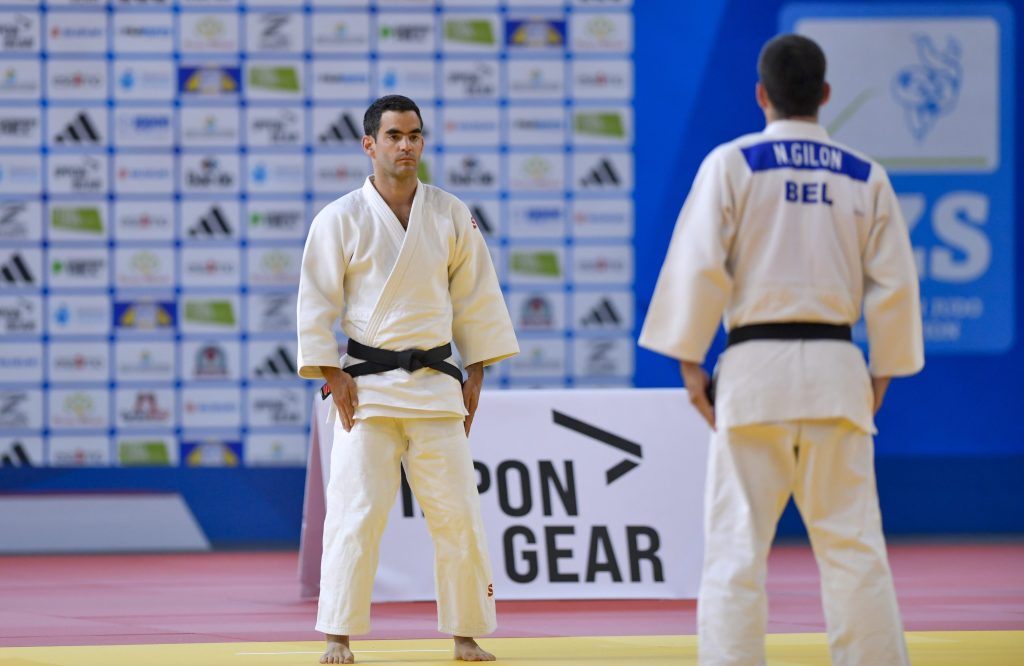
The Gilon Brothers
Belgium is not only successful in shiai but also in kata. In fact, this weekend brings us to the first stop of the EJU Kata tour which will be held in Louvain-la-Neuve; a city, which has been hosting international kata events for long number of years. As per the brothers, Nicolas Gilon and Jean Philippe Gilon won countless amount of world and continental medals and they remain renowned around the kata world, and outside.
As Belgium continues to produce talented judoka and makes its mark on the global judo scene, the future of the sport in the country looks bright. With a strong foundation built on tradition, excellence, and a deep-rooted love for judo, Belgium is poised to continue its legacy of success in the world of martial arts.
Off the mat… Did you know?
- There is no Belgian language. Belgium has three official languages and none of them is called Belgian. The population speaks Dutch, French and German is different parts of the country.
- The waffles… there are more than 30 types of different waffles in an average Belgian supermarket.
- The chocolate heaven: As far as Belgians are concerned, Belgium has the world’s best chocolate. The country produces 220,000 tons of chocolate per annum.
- The very first international football game was played in Brussels in 1904.
- Belgians invented French fries in case you thought it was made in Paris.
Cover photo: @klaudias.snaps
Author: Szandra Szogedi



